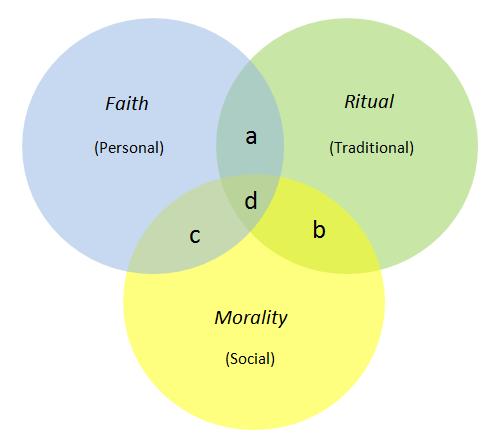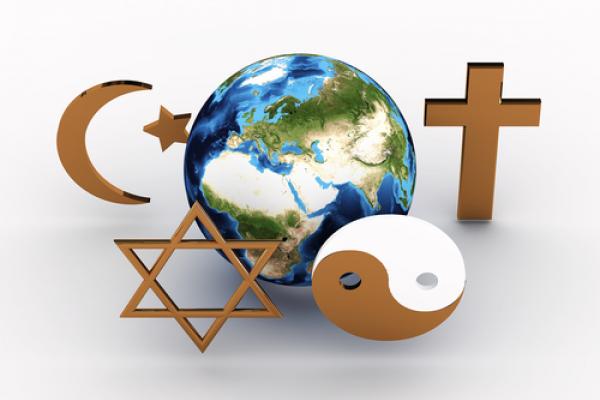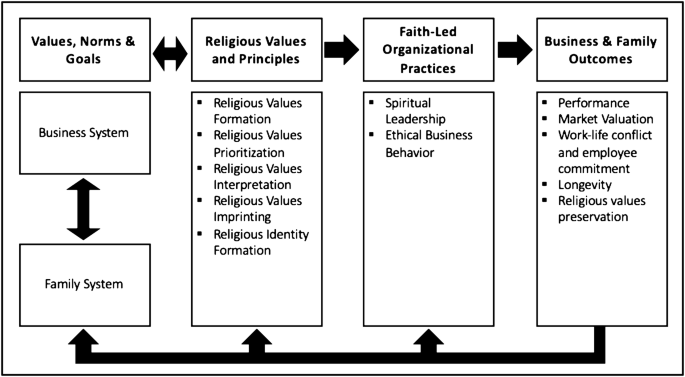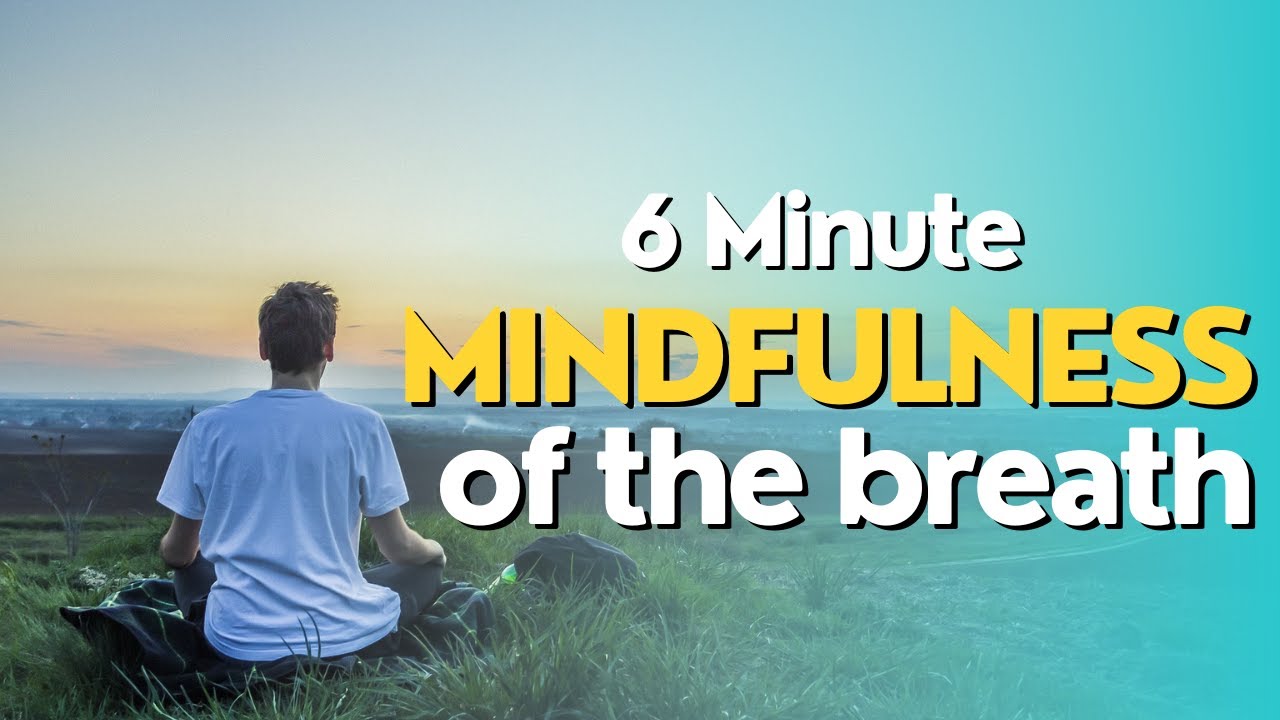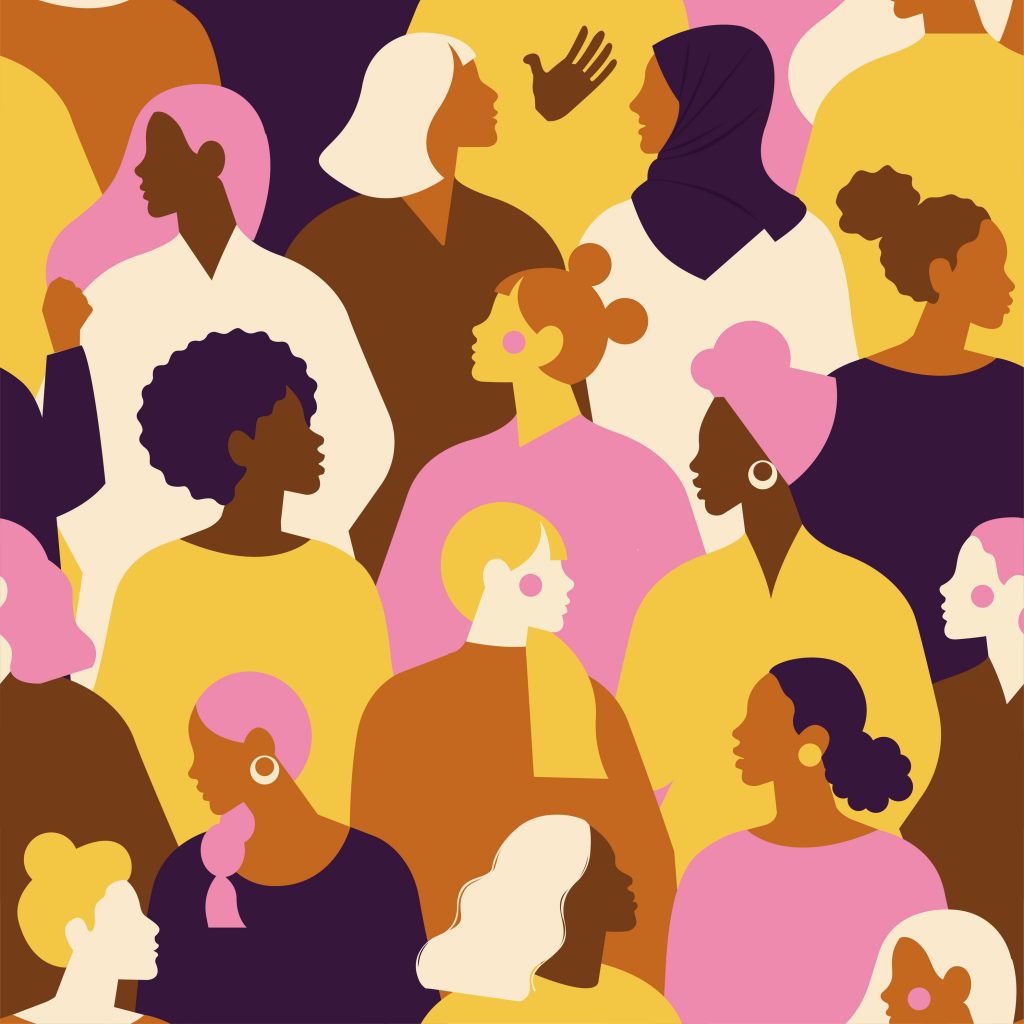Religion, ethics, and morality are often interconnected and can shape an individual’s moral compass. In this blog post, we will explore the intersection of religion, ethics, and morality.
Religion can help individuals establish a set of values that guide their actions. For example, many religious traditions teach that stealing, lying, and harming others are wrong. These teachings provide a framework for people to make moral decisions and act according to their beliefs.
However, moral beliefs can vary between different religions, which can lead to ethical questions. For instance, some religions may allow the use of violence in certain situations, while others may promote non-violence and pacifism.
Moreover, ethical considerations can also arise when it comes to interpreting religious texts. For instance, some people may interpret certain passages from religious texts as promoting discrimination or violence towards specific groups of people. While others may interpret the same passages in a different way.
At the same time, moral values and ethics can also influence religious beliefs. For instance, some people may choose to follow a certain religion because it aligns with their moral and ethical values. Conversely, some people may leave a religion if they feel its teachings contradict their moral principles.
In conclusion, exploring the intersection of religion, ethics, and morality can shed light on how these concepts shape our beliefs and actions. While they are often interconnected, they can also come into conflict, which can raise ethical questions. By understanding these intersections, we can better understand ourselves and each other.







